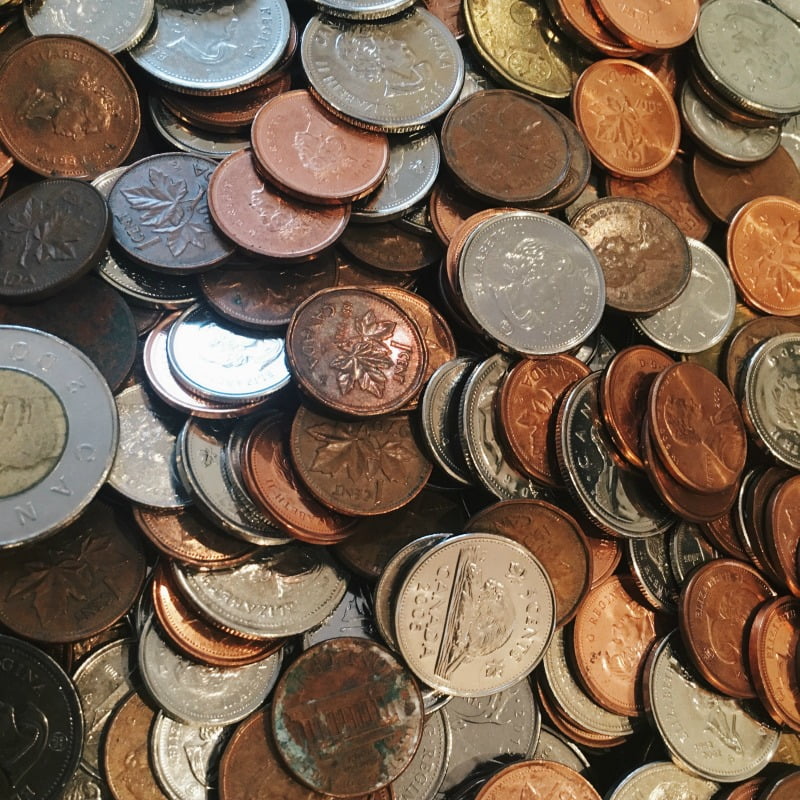The Economy of Coffee

We hear so much these days about the damaging influences of late-stage capitalism. About businesses and industries willing to cast off workers, destroy the ecology, and break every rule in order to make a buck. Every day the nightly news is filled with the exploits and indictments of businesses executives willing to lie, cheat and steal to increase their fourth-quarter sales figures and pump up their bonuses. Every night our political leaders bemoan the loss of another industry opening new plants in the third world in order to pay their workers even less while disregarding safety regulations and moral hazard, all to grind out another dollar in profits for their stakeholders.
Coffee Economy: Setting a Higher Standard
The coffee industry has never been that way. Check on the bottom of the packaging of your favorite brand and you’ll likely see a Fair Trade Certification patch. Fair Trade Coffee means that growers and sellers have come together to agree on an equitable price and pre-arranged sales before growth begins. This price is arranged beforehand and ensures that growers will get a price that allows them to pay themselves and their workers a living wage. It also guarantees the quantity of the sales so that growers can know exactly what their profits will be before they even plant their seeds.
Fair Trade standards also guarantee labor practices for the workers out in the fields. It forbids child or slave labor and mandates humane living arrangements and the length of the workday. Coffee is a product grown almost entirely in the third world. Fair Trade Standards ensures that even absent governmental regulations, your coffee is made using equitable work standards.
Ethically Sound Practices
This is an instance of ownership and labor sitting down and agreeing to good wages, fair work practices, and ethical management as a part of their market practices; and that’s just the beginning. Many coffees ensure that their product is Rainforest Alliance Certified, meaning that growers are using sustainable farming methods meant to protect the environment as well as make the coffee taste better. Organic coffees manage the use of the chemicals in the fertilizers and pesticides used in the growth of the coffee to ensure runoff does not damage other areas of the ecosystem. You’ll also see coffees guaranteed to be Smithsonian Bird Safe, meaning that measures have been taken to preserve the trees and plants used by local and migratory birds to ensure their continued survival.
An Example to Take Note Of
Capitalism has done a lot of good for our world. In the last 25 years alone, capitalist strategies have brought one billion workers in the third world out of abject poverty. Coffee is the second most traded product in the world today, and its industry standards prove that there is a place for living wages, ecological sanity, and long-term interests in modern capitalism. Coffee is setting a standard for how an industry can create a process that protects workers, benefits the ecology, and brings the best product to the consumer. Now, have a second cup. The world’s economy is relying on it.